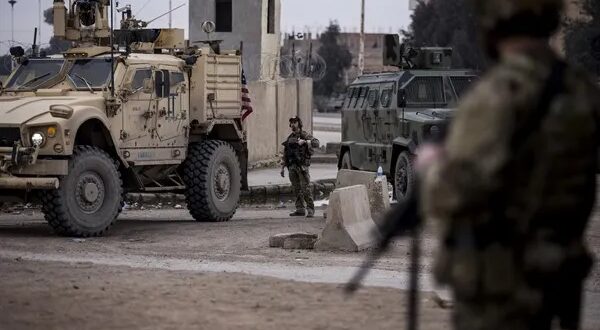At its height half a decade ago, the Islamic State was among the most feared armed organizations in the world. The infamously brutal group had at one point captured and established governance of more than a third of Iraq and large swaths of Syria. But that shocking, sudden rise to infamy was followed by a steep, if slower, downfall. By January 2019, the Islamic State had lost nearly all of its territory in Iraq and Syria. The U.S. declared it defeated and media organizations began to pay only sporadic attention to its isolated attacks. By 2021, Google searches for the Islamic State, a measure of global interest, had fallen to the lowest levels seen since the group’s emergence.
Recent events, though, have sparked concern that the group, degraded but never destroyed, could be on the brink of another dramatic rise. Last week, the Islamic State coordinated a prison break in Hasaka, Syria, and though the attack was ultimately unsuccessful, it only concluded after a week-long battle with at least 100 reported fatalities. The attack represents the Islamic State’s deadliest show of force in the region since losing its last pocket of Syrian territory in Baghuz, a village just to the south of Hasaka, in 2019.
It is clear why this attack raised alarms: It is eerily reminiscent of the strategy the group deployed prior to its initial rapid growth. In July 2012, the Islamic State—then known as the Islamic State of Iraq—launched its “Breaking the Walls” campaign, in which it conducted two dozen separate bombings and eight prison breaks, freeing many jihadists from detention. One year later, in July 2013, it began campaigns in both Syria and Iraq aimed at capturing territory. By the beginning of 2014, the Islamic State had taken control of Fallujah in Iraq as well as Raqqa in Syria. Abu Bakr al-Baghdadi, the group’s former leader, quickly declared the latter the capital of a new, global caliphate.
 Eurasia Press & News
Eurasia Press & News




